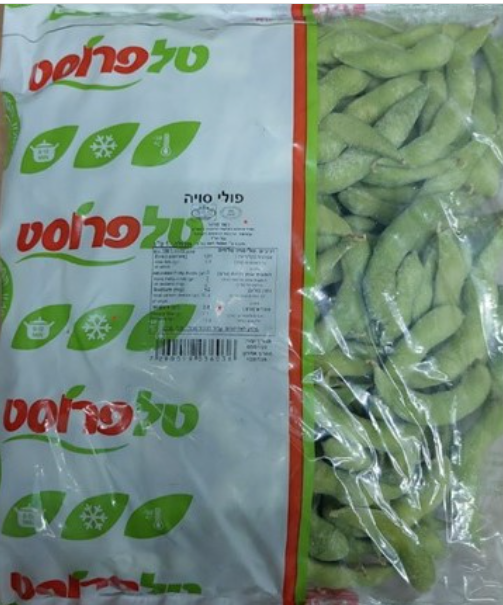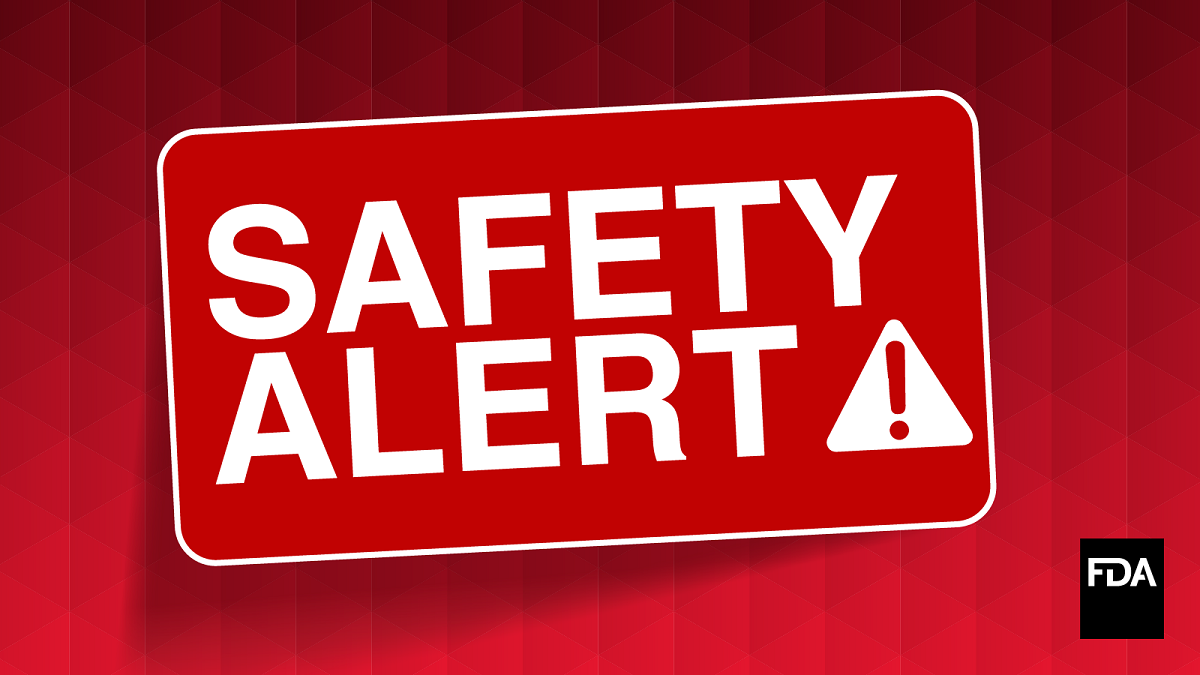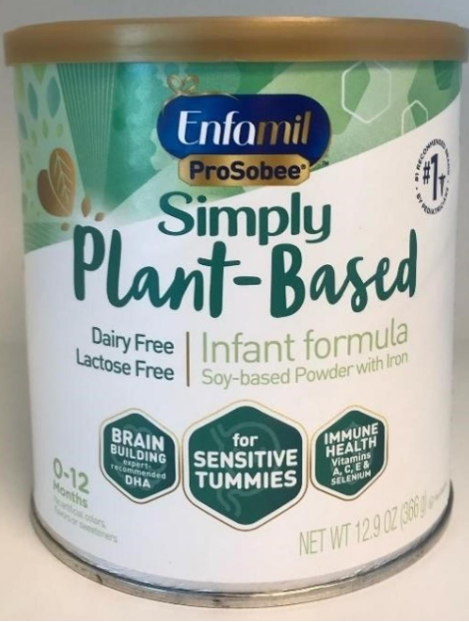The Israeli Ministry of Health took action after the manufacturer failed to take responsibility and act according to the Public Health Protection Law (Food) – 2015, after explicit instruction. The Ministry of Health informs the public that Listeria monocytogenes was found in a 1 kg frozen soybean. The product is imported by Opel Yatsa Ltd. and packaged by Hamui Brothers Ltd. Labeled by “Telfrost.” Given the findings, the Ministry of Health conducts a comprehensive inspection and inspection of the plant and its products to ensure that the products marketed to consumers are safe for consumption. @ https://www.gov.il/he/departments/news/22022023-01




